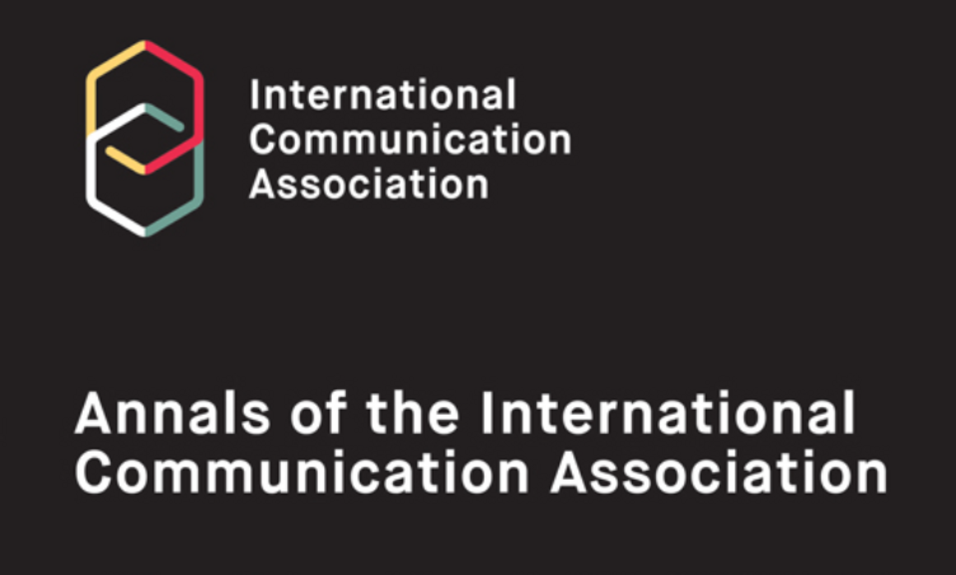The academic journal the Annals of the International Communication Association has published a paper titled "Far-right social media communication in the light of technology affordances: a systematic literature review", written by Azade Kakavand. The study explores the nuances of far-right social media communication through the unique perspective of technology affordances.
Most analyses of far-right communication on social media focus on one specific platform, while findings are generalized. In this study, Azade argues that the far right’s use of social media depends on technology affordances – the linkage between platform design and usage – and, thus, might not always be generalizable. After discussing six affordances – persistence, scalability, replicability, connectivity, searchability, and identifiability – she applies them to studies about the far right on Facebook, Twitter, Instagram, YouTube, and Telegram in a systematic literature review. She concludes that most research focuses on aspects linked to connectivity, scalability, and replicability, while persistence, searchability, and identifiability are barely researched so far. Azade further discusses shortcomings and possibilities for future research to consider aspect of technology affordances.
Find the full open-access paper here: https://www.tandfonline.com/doi/full/10.1080/23808985.2023.2280824
Cite article:
Kakavand, A. E. (2023). Far-right social media communication in the light of technology affordances: a systematic literature review. Annals of the International Communication Association. 10.1080/23808985.2023.2280824

